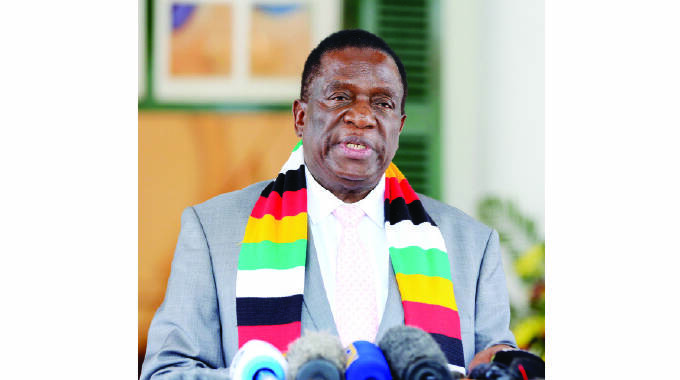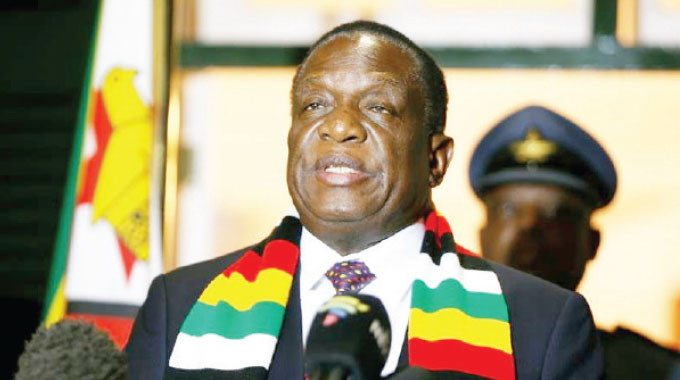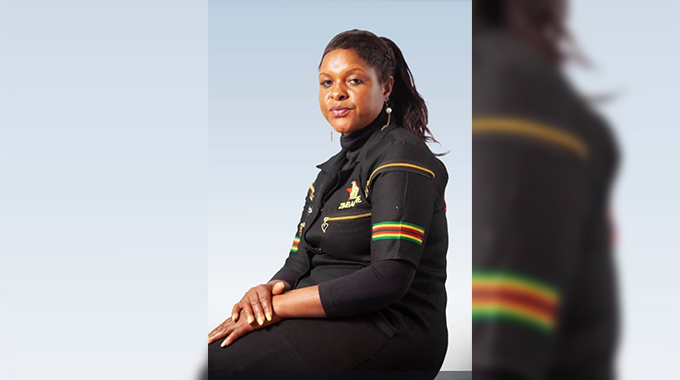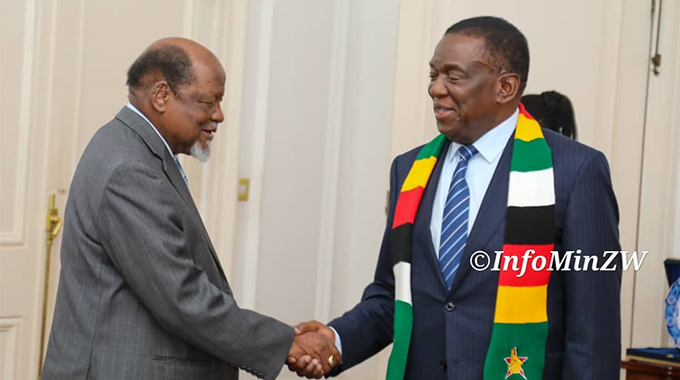Boost for national beef herd

Flora Fadzai Sibanda, Chronicle Reporter
SHANGANI Holistic Ranch has partnered Government to boost the country’s national beef herd in line with the Livestock Growth Plan.
The ranch has provided six Nguni bulls to be shared by more than 400 small-scale farmers in Shangani area, Matabeleland South.
The Livestock Growth Plan, which seeks to grow the livestock sector to a US$1,9 billion economy by 2025, was approved by Cabinet in August 2020.
Key strategies of the Livestock Growth Plan entail the following components: improvement in animal nutrition; genetics improvement; improvement in animal health; climate change adaptation and small stock production; development of markets and trade infrastructure and resource mobilisation.
Livestock production in Zimbabwe is an important source of income and a safety net for millions of people, particularly rural women and youths and as such is a significant contributor to agricultural GDP.
In addition to the bulls, the beneficiaries from Ward 18 in Shangani in Insiza District, also received veterinary kits and medicine to treat the animals under the Shangani Holistic Livestock Project.

Cattle
The country’s national beef herd recorded a marginal growth of 0,6 percent from 5 478 648 cattle in 2020 to 5 509 983 in 2021 while the cattle mortality rate declined from 11,1 percent in 2020 to 8,86 percent in 2021.
The decline in mortality rate follows interventions by the Government through the $500 million Presidential Tick Grease Blitz programme, which was launched by President Mnangagwa in November 2020.
The tick grease programme is in line with the National Development Strategy 1 (NDS1), which prioritises animal health and production through strengthening farmer knowledge and skills in livestock production.
Livestock diseases are the major cause of beef cattle, sheep and goats deaths. Government is already upgrading the Presidential Tick Grease Programme and intensifying the Dip Tank Rehabilitation Programme.
At least 432 beneficiaries in Shangani (Ward 18) were awarded certificates after they underwent a training programme on how to look after the special breed under the Shangani Holistic Livestock Project.
The area is predominantly inhabited by the Xhosa people. The Shangani Holistic Livestock Project seeks to economically empower the local villagers who have a rich history of owning Nguni cattle, a breed that is also a pride in the Nguni culture.
The Nguni breed was introduced to southern Africa by pastoralist tribes ancestral to modern Nguni people during their migration from the north of the continent.
The Nguni breed is known for its good temperament and the cattle are adaptable, hardy and possess excellent resistance to internal and external parasites with natural immunity to tick-borne diseases.
The Nguni Cattle Breeders Society, which was established in 1985, labels it as the breed that “produces the most kilogrammes of beef per hectare at the lowest cost making it the most profitable and economically sustainable beef breed.
Shangani Holistic Ranch launched the programme last year in October following a green light from the Government.
The ranch works with surrounding communities and provides information on how best to look after the cattle.
It is guided by the philosophy that wildlife is integral to the value of the ranching operation and should be managed as part of an integrated system.
The ranch therefore incorporates the interplay of ecology, social and economic requirements and benefits that are crucial to maintain a balance.
The removal of internal paddock fences has benefitted both wildlife and cattle that now have a bigger grazing area. In winter months the ranch becomes home to up to 300 male elephants migrating from the northwest of the country.
Since 2012, the ranch has invested in indigenous cattle breeds, particularly Ndebele Nguni cattle.
Shangani Holistic Ranch manager, Ms Mupenyu Mberi said when they started the initiative a lot of people were reluctant to participate in the programme.
“However, after a few months of the first training, more people started showing interest. Under this project, we are working with the agricultural extension officers from the Ministry of Lands, Agriculture, Fisheries, Water and Rural Resettlement and Cooper Zimbabwe, a company that manufactures and distributes the Coopers animal health products in the country,” she said.
Ms Mberi said the villagers underwent two stages in their training programme. Upon completion of the programme, they organised themselves into 12 groups.
For now, six groups benefitted from the scheme while the other six will benefit in the next round.
“The six bulls will be shared by the six groups and each group has a selected individual who will accommodate the bull at his kraal,” she said.
Shangani Holistic Ranch resident director, Mr Max Makuvise said the project is public-private partnership aimed at economically empowering locals.
“The Nguni breed is famous among the Xhosa and Ndebele people. This project is therefore meant to increase the national herd by breeding the type that the locals want,” said Mr Makuvise.
The director of livestock production and development in the Ministry of Lands, Agriculture, Fisheries, Water and Rural Resettlement, Mr Alban Mhindurwa said the project is in line with President Mnangagwa’s vision of transforming the country into an upper middle income economy by 2030.

President Mnangagwa
“This project will help empower the community in line with Vision 2030. Farmers in this part of the country lost quite a number of cattle in the past two years because of a number of factors, which include prolonged dry spell and diseases,” he said.
One of beneficiaries, Ms Sithembeleni Nyirongoe, said the project will transform the families’ livelihoods.
“We are quite excited with this development and hope that once these cattle start multiplying, we will be able to make more money and fend for our families. The Nguni cattle are a symbol of wealth and pride in our culture,” she said.












Comments